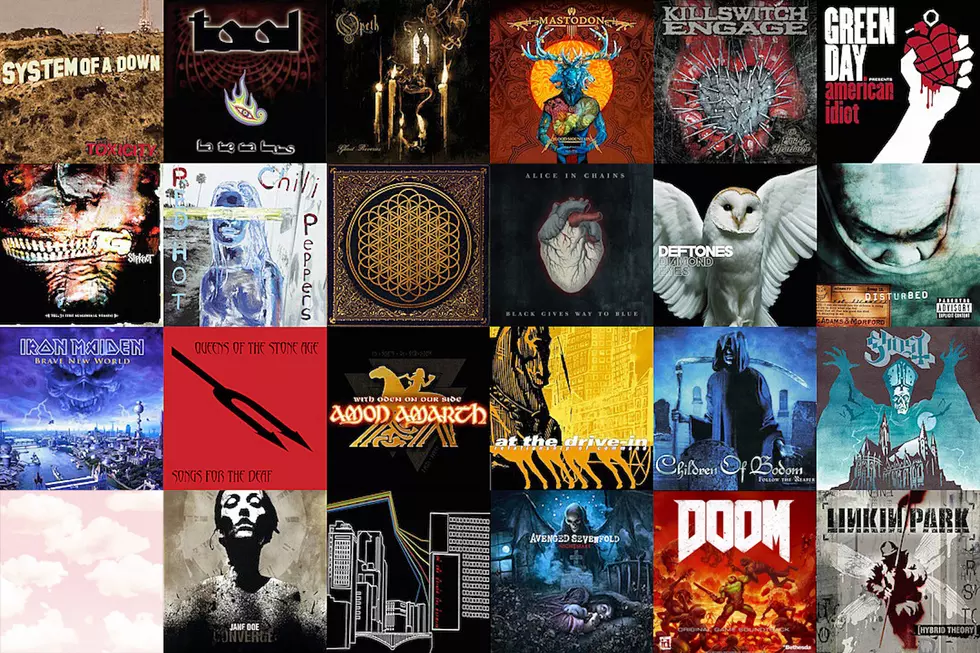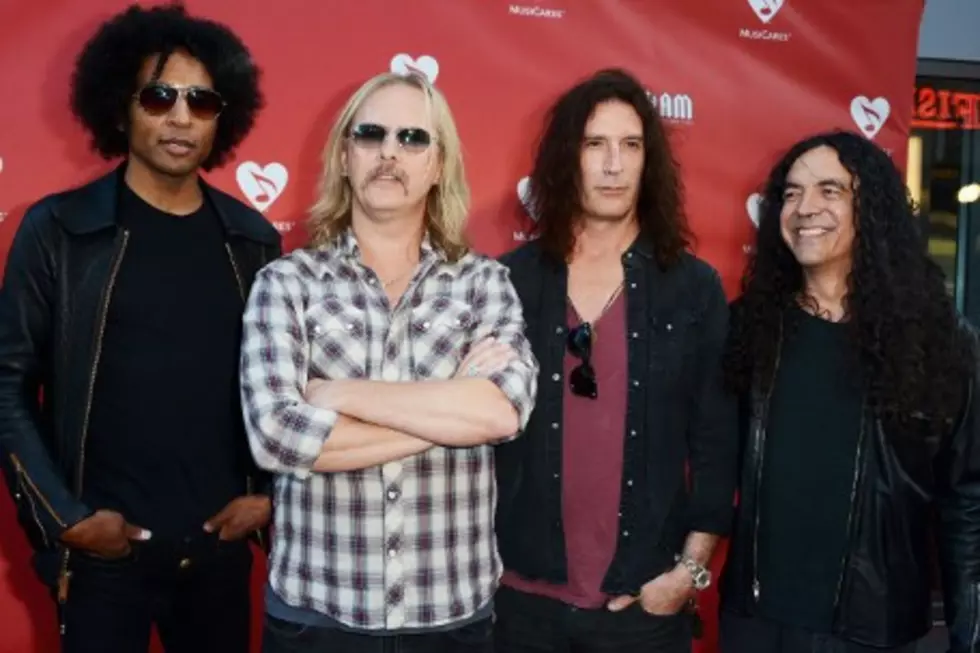Producer Ross Robinson: I Want Bands to Be ‘Fearless’ With the Music
Ross Robinson is known for producing Korn, Slipknot, Limp Bizkit and Deftones -- and for being a bit of a sonic architect of the burgeoning nu metal scene in the '90s. But he also twiddled the knobs for post-hardcore titans like At the Drive-In and Glassjaw, proving his versatility. Robinson returned his post behind the boards for Korn for their upcoming album 'Korn III – Remember Who You Are.' He also just wrapped work with the Klaxons, and Noisecreep nabbed a few minutes of the prolific, California-based producer's time when he was in New York for quick visit in hopes of dissecting his famously unorthodox, unconventional methods of getting the best performances out of his bands.
What are you working on right now?
I just finished the Klaxons, who are from the U.K. It's extremely special band, an English four-piece. They have great vocals, tons of fire, sort of in the vein of At the Drive-In.
You are best known for working with low-end, neo metallers like Slipknot, Korn. But ATDI were geniuses that you worked with who are less mentioned. What made that band so special?
The creativity and pure fire in their music, combined with the fact that the songs were really good and they smoked it live. They didn't care about perfection; they wanted to keep it as radical as possible, which is the same approach as with other bands I've produced. The creative is so great and another thing the bassist and the two different guitars played different things. In every song. The vocal flies over the top. It doesn't land on the beat perfect with the drum. It flies. I love vocalists like that are like that. I'm attracted to it.
How was it working with Korn again?
It was about drawing out the things that I know they are. And all the core listeners know what they are. There is nothing else on there -- no silly studio tricks or anything like that. It's the sound of those guys playing. They are my friends. Also digging into them and doing mental surgery and having each guy know what they are doing and why and have it be an expression as deep as we can get it. It has the personality of the original and it is not a revisit. It's new, an exposure of the artist, of who they are and what we love.
You have a reputation for utilizing unorthodox methods and it's been documented that you can make grown men cry.
It's all about exposing people's inner chatter that goes on in the mind ... the things that you never say. It's a very vulnerable place to go and music is an expression of that. Or beyond that, even. What I like to do is get into the lyric, like extremely deep into it, into the place that people don't want to talk about. I want them to be fearless with it, for the music, and not be afraid of what they are going to think ... what happens is the vulnerability comes out. The instrument being played has no thinking brain and is being expressed without the bulls---. Not playing perfect is truthful. When tracking drums, everyone is playing together, making sure that swirl of energy is in the room. We can't lay something down on top of a track. It is about questioning thoughts and finding out if they are real or fake.
More From Noisecreep









